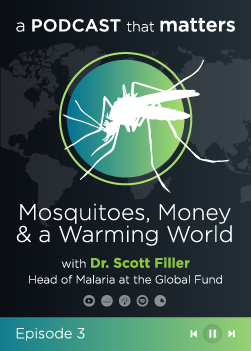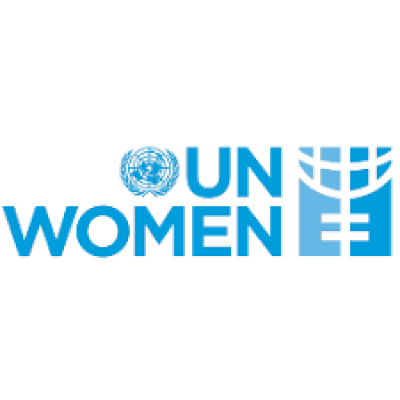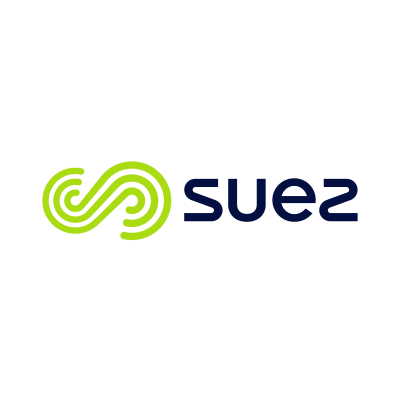Details
Description
Background
UN Women is the UN entity responsible for gender equality and empowerment of women, with a mandate to support government and civil society to implement national commitments to gender equality across sectors. UN Women also has a mandate to promote, coordinate and monitor the work on gender equality across the UN system.
Over the past eight years, UN Women has led research and piloted interventions to increase evidence on how inequality drives vulnerability and determine ways in which a reduction in gender inequality can lead to a more resilient and empowered community. UN Women has contributed to greater capacity for a gender and rights based approach to climate change and DRR. Based on research findings, extensive stakeholder consultations and effectiveness of interventions in disaster and climate vulnerable zones, UN Women and partners have zeroed in on critical gaps in current DRR knowledge and practice. A significant amount of work has already been invested by GoB and UN Women in advancing gender equality agenda in DRR,CCA discourse through formulating and implementing gender responsive DRR,CCA policies and programmes.
With many other initiatives, Government of Bangladesh launched a programme titled National Resilience Programme in 2018 “to sustain the resilience of human and economic development in Bangladesh through inclusive, gender responsive disaster management and risk-informed development.”. The Programme consists of five outputs, is being implemented by four government agencies (Programming Division of Bangladesh Planning Commission, Department of Disaster Management of Ministry of Disaster Management and Relief, Local Government Engineering Department of Local Government Division, Ministry of Local Government, Rural Development and Co-operatives, and Department of Women Affairs, Ministry of Women and Children Affairs) with financial support from SIDA (Sweden) and FCDO (UK). NRP Phase-I along with government initiatives lays the foundation for gender responsive disaster resilience mostly contributed for improving knowledge base to relevant stakeholders and necessary reforms in national policy frameworks. Despite all measures for Disaster Risk Management (DRM), till date Bangladesh is one of the most vulnerable countries to disaster as per global reports (Global Climate Risk Index 2020). It is anticipated that the intensity and frequency of disasters will continue to increase as the global mean temperature rises and therefore, risks associated with extreme events are expected to increase(IPCC Fifth Assessment Report). Like many other developed or developing countries, there are still gaps in the DRM programs in particular to mainstreaming gender. Moreover, risks associated with recent development interventions may jeopardize the progress of the country. However, there are gaps for promoting risk informed decision making in the country. Chronic deficit of recovery compounded intensive vulnerability to future disasters to a number of hotspots. Limited risk oversight does not allow efficient investment planning. Risk information is not available to the ministries and private sector as well as no oversight or analytics are available to understand whether people in the vulnerable areas getting opportunities for employment. Institutional fragmented culture/ political economy and workings does not allow system risk to be addressed. In short, the capacity is not balanced to manage both growth and risk among officials.
The NRP I which will come to an end in December 2021/in March 2022, have already developed some convincing models. This generates a strong need for expanded work to sustain and institutionalization of existing initiatives, and innovation to address residual and emerging risks. In addition, at this point in time, the country is grappling with the unprecedented crisis arising from the COVID19 pandemic which is raging across the globe. The problems identified above would be further deepened and intensified unless pragmatic solutions are in place to build back better and ensure the life and livelihoods of the communities who are already affected by the climatic shock and stresses. Now, UN Women Bangladesh is seeking support from an International Consultant to jointly develop the project document for NRP II with UNDP and UNOPS.
Duties and Responsibilities
The international consultant is expected to work with a group of consultants and support producing NRP II project document. S/he will provide gender advisory support to the team, while Team Leader will have the overall responsibility to produce the project document.
The consultant will be responsible for following:
Inception consultation with UN Women Bangladesh Country office: DRR,CCA,HA team members to understand overall expectations and agree on the work modality;
Review and make analysis of the previous UN Women Project Documents, Baseline Reports, Endline reports, Mid Term and Project Evaluation reports, United Nations Sustainable Development Cooperation Framework(UNSDCF), Bangladesh Country Office Strategic Notes, etc.
Desk review to identify good practices from past efforts and new opportunities on mainstreaming and integrating gender equality in the overall resilience programme;
Support the Team Leader to develop interview checklists for Representatives from Government, Donors, UN Agencies , I/NGOs and CSOs.
Conduct interviews and meetings along with other team members.
Assess project’s capacity and practices which includes government counter parts’ capacity to deliver gender-responsive services; identify gender constraints in the programme and recommend key components for future gender responsive resilience programme.
Explore ways to strengthen institutional capacities and readiness to design and implement future gender responsive national disaster risk reduction programme.
Undertake consultations with relevant stakeholders and potential partners to identify priorities for gender component of NRP II.
Convene and facilitate series of consultations with DRR,CCA,HA team at country level and regional level on draft ToC and programme idea developed based on the various processes undertaken/highlighted above.
Jointly with NRP formulation Team Leader, debrief scope of the future interventions as well as the draft prodoc of NRP with government, UN high officials and donors.
Deliverables linked with payment Milestone
Respective deliverables and documents will be reviewed by UN Women before processing payment.
Payment schedule is as followings:
Sl.
Deliverables
Number of days (estimated)
Target dates
Payment milestones
1
Inputs in the inception report
03 days
30 November 2021
75%
2
Draft Project Document (ProDoc) for NRP Phase-II project based on the background paper, document review and stakeholder consultations
18 days
3
Final Project Document (ProDoc) based on the feedback from GoB, and UN Agencies
04 days
30 December 2021
25%
Total days
25 days
Supervision and performance evaluation:
The International Consultant will work under the direct supervision of the UN Women Programme Specialist.
DSA and Travel: No travel required, hence no DSA is applicable under this assignment.
Duratoin: Duration of initial contract 25 working days over 3 months
Competencies
Core Values
Respect for Diversity- displays cultural, gender, religion, race, nationality and age sensitivity and adaptability
Integrity- Demonstrates integrity by modeling the UN’s values and ethical standards.
Professionalism- Promotes the vision, mission, and strategic goals of UN Women.
Core Competencies:
Communication – Facilitates and encourages open and effective communication.
Inclusive Collaboration and Stakeholder Engagement – Demonstrates ability to collaborate and work effectively with stakeholders of different backgrounds
Accountability – Takes ownership of all responsibilities and deliver outputs in accordance with agreed time, costs and quality standards.
Awareness and Sensitivity Regarding Gender Issues- Fulfills all obligations to gender sensitivity and zero tolerance for sexual harassment,
Functional Competencies:
Ability to conduct qualitative and quantitative research, reviews, mapping, and studies independently with strong gender analysis
Strong skills and experiences in communicating and presenting ideas for training development
Consistent approach of work with energy and a positive, constructive attitude.
Demonstrates openness to ideas and ability to manage complexities of the situations.
Required Skills and Experience
Education:
Minimum Master’s degree on social sciences (i.e. gender studies, sociology, demography, psychology, political science etc.), development studies, public policy or international development.
Experience
At least seven years of proven experience in project and programme development on gender equity, disaster management, climate change adaptation, mitigation and overall resilience building.
At least 05 Proven experience in formulating gender-sensitive theory of change and applying results-based management (RBM) principles into strategic planning processes.
Additional Capacity:
Demonstrated track record of supporting UN and I/NGOs on gender inclusive programme development.
Women are highly encouraged to apply.



